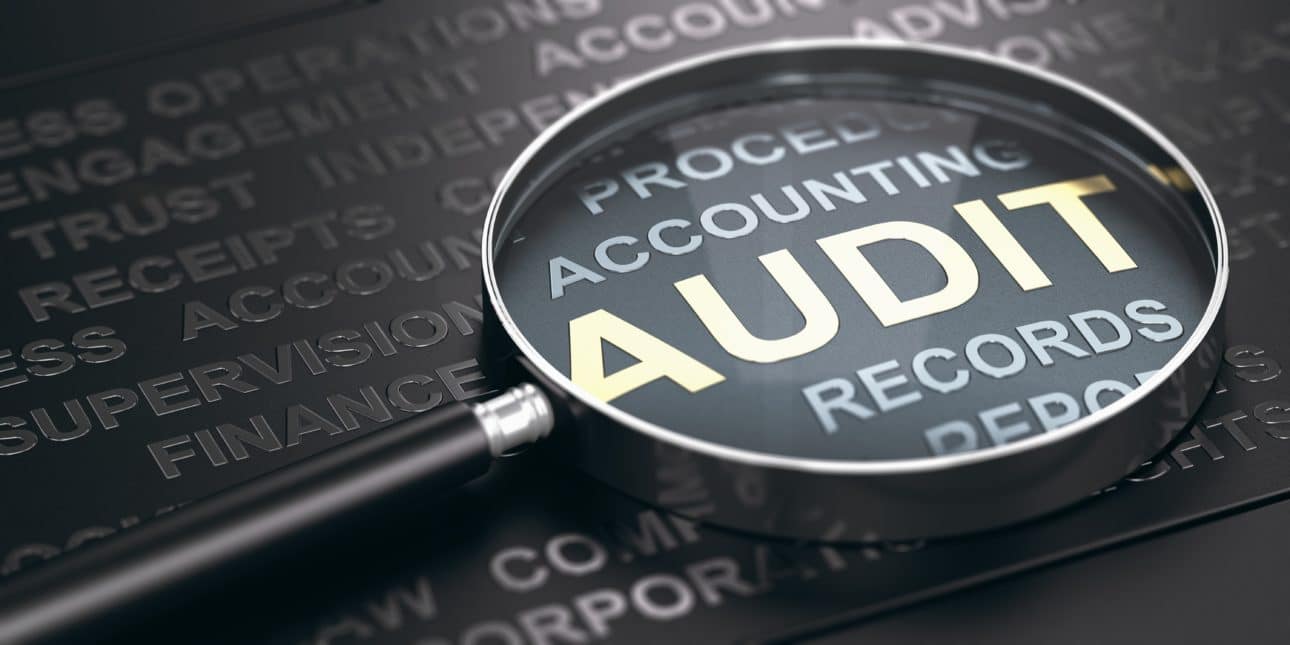
Taking the Stress Out of Annual Audits (for Non-Profit Organizations)


We understand that the not-for-profit annual audit process can be time-consuming and stressful. At ARI, we take the stress and worry out of it.
In preparation for the audit, the audit firm will send a request list that details what documents and information they require. ARI will assemble these documents and provide them to your audit firm.
However, our accountants don’t wait until the audit is scheduled to prepare critical documents. We perform a formal close at the end of each month, so your accounts are always “clean” and ready for audit.
Auditors typically require supporting documentation for each account. Here is a list of documents they will typically request:
• Bank reconciliations
• Bank statements
• Investment statements
• Schedule of prepaid expenses
• Schedule of accrued wages and vacation
• Details of grants received
• Details of fundraising contributions received
• Payroll information
• Supporting invoices
• Grant award letters and grant reports
Even though tax-exempt nonprofits do not pay federal taxes, those with gross receipts of $200,000 or assets worth $500,000 must file Form 990 with the IRS. The Form 990 ensures that nonprofits conduct business in a way that is consistent with their public responsibilities.
ARI will serve as the main contact with your audit firm and we work hand-in-hand with auditors to ensure the annual audit process runs as smoothly as possible. If necessary, at audit time, we will either travel to your office or speak with auditors remotely.
But, for us, the audit process is a year-long endeavor. If our accountants encounter questions or concerns throughout the year, we proactively discuss them with your audit team, get their input and then mutually agree on the best approach going forward. Because both parties agree upfront on the proper handling of issues, the actual audit process is typically quite straightforward.
Many of our accounting managers were auditors during their careers so they understand explicitly what auditors require during an audit. This insight serves all parties well.
At the conclusion of the annual audit, the auditor will issue a letter to your entity’s officers and directors regarding the organization’s internal controls. The letter is known as the “management letter” and includes items of concern that require the attention of the management team.
Because our accounting practices are based on strong internal controls that protect against fraud, theft, and errors, and we ensure our client’s financial records are “clean” at the close of each month, we find that our clients usually receive minimal management letter comments.
In fact, in our experience, when clients transition to working with us, they often progress from having dozens of adjusting journal entries to just a few or perhaps even none.
Hear what one of our longtime not-for-profit clients says about his organization’s annual audit process.
All non-federal government agencies and nonprofit organizations that expend $750,000 or more in federal awards in a given fiscal year are required to obtain a Single Audit.
A federal Single Audit includes an audit of both the financial statements and the federal awards. It reviews how the organization managed the grant and ensures it abided by the award agreement.
A state Single Audit is much the same, though expenditure thresholds vary by state. Click here to find audit requirements for your state.
If your organization requires a state or federal Single Audit, we have decades of experience in this area and are available to provide support.
Auditors will share their insights formally and in person with the board of directors at the conclusion of the audit process.
To support your management team, your ARI account manager can attend this meeting and answer any financial questions that arise. This helps instill Board members’ confidence in your outsourced accounting process.
Choosing an experienced outsourced accounting firm for your nonprofit is an important step in ensuring that your organization’s finances are safe and well-managed and that you complete your annual audit with few issues.
To explore if ARI is the right fit for your not-for-profit organization, contact us today.